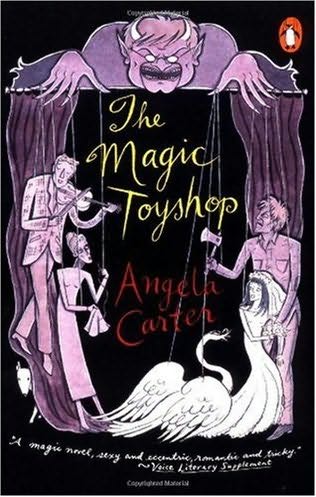 it is known as one of the greatest literary achievements in the history of english letters. the creation of the
it is known as one of the greatest literary achievements in the history of english letters. the creation of the professor james murray, an astonishingly learned former schoolmaster and bank clerk, was the distinguished editor of the OED project. dr. william chester minor, an american surgeon from new haven, connecticut, who as had served in the civil war, was one of thousands of contributors who submitted illustrative quotations of words to be used in the dictionary. but minor was no ordinary contributor. he was remarkably prolific, sending thousands of neat, handwritten quotations from his home in the small village of crowthorne, fifty miles from oxford. on numerous occasions murray invited minor to visit oxford and celebrate his work, but murray's offer was regularly -- and mysteriously -- refused.
thus the two men, for two decards, maintained a close relationship through correspondence. finally, in 1896, after minor has sent nearly ten thousand definitions to the dictionary but had still never traveled from his home, a puzzled murray set out to visit him. it was then that murray finally learned the truth about minor -- that, in addition to being a masterful wordsmith, minor was also a murderer, clinically insane 00 and locked up in broadmoor, england's harshest asylum for criminal lunatics.
the professor and the madman is a an extraordinary tale of madness and genius, and the incredible obsessions of two men at the heart of the oxford english dictionary and literary history. with riveting insight and detail, simon winchester crafts a fascinating glimpse into one man's tortured mind and his contribution to another man's magnificent dictionary.
dear simon winchester,
i have this one ambition in life. it's perhaps very tiny, and one i am not sure i'll fulfill. i want to own the complete oxford english dictionary. in print. i don't really know why since it's much more practical to utilize it online. and it's quite costly to purchase all twenty-two volumes. and let's not even discuss shelf space. still, it's an aspiration -- however pie in the sky. so you can imagine my intrigue and excitement over your book.
your book has more excellent qualities than it does shortcomings. your writing is accessible and engaging. the story full of rich details and clearly well researched. your characters as close as one can to inside the minds of the crazy and scholarly (and dead) men. it's a great subject and you had a lot of material to work with. hats off to you for condensing it down.
i will say that it was a bit more brutal at times than i expected. i was quite started by some of the turn-of-events. you know which i mean! (how ever were you able to write those pages?!) and while that is not your fault . . . i will say that i was also not wholly surprised by the plot. why? because it's basically spelled out for me on the back cover. i give you credit for not using that space for just reviews and praise, with no mention of synopsis (a pet peeve of mine), but did you, or your editor, have to give so much plot away? talk to galt niederhoffer. or her editor. she'll have some tips for keeping the mystery to the flap copy. it's all about the art of seducing a reader.
my other disappointment is that i kind of wanted to know more about the actual creating of the OED itself. perhaps this wasn't that book and i was mistaken to think so . . . but this was so much about murray and/or minor. which was fascinating but at times, i could also forget about the dictionary. the actual making and compiling of it didn't come across nearly as complicated as i would think it to be. it could be that the making of it was so dry and boring no one but a true obsessed fan of the OED would care to read it.
overall, you've got a nice book here. for the true freaks of the OED it might be a little disappointing but it's worth the read. and to normal readers, well . . . they might not find themselves disappointed.
dutifully yours,
a lone reader






